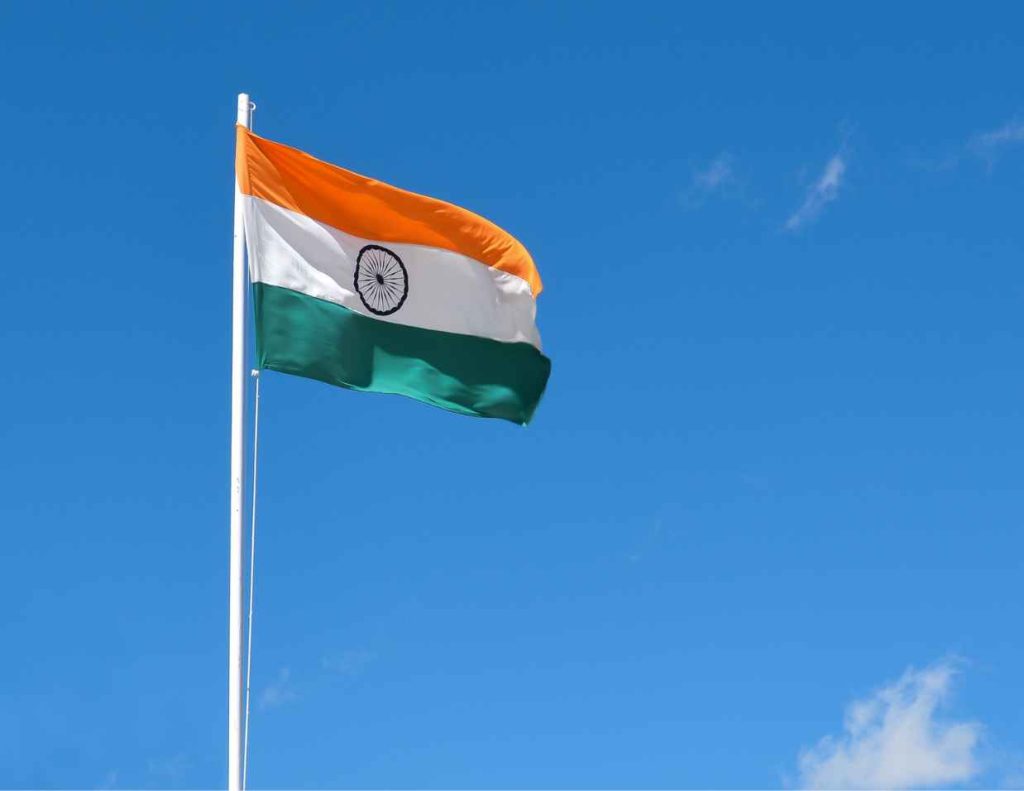Marriage Laws In India Are Significantly Diverse

Marriage laws in India are diverse and multifaceted, reflecting the country’s rich cultural, religious, and ethnic diversity. The legal framework governing marriages is primarily based on the religious and cultural practices of the individuals involved. As such, there are different laws for different religious communities, including the Hindu Marriage Act (1955) for Hindus, Buddhists, Jains, and Sikhs, the Indian Christian Marriage Act (1872) for Christians, the Parsi Marriage and Divorce Act (1936) for Parsis, and the Muslim Personal Law (Shariat) Application Act (1937) for Muslims.
In addition to these, there is also the Special Marriage Act (1954), which enables interfaith and civil marriages. Each of these laws has its own set of rules about the age of marriage, consent, registration, divorce, and other matters related to marriage. Despite ongoing debates and calls for a Uniform Civil Code, this diversity in marriage laws continues to be a significant feature of the Indian legal landscape.
Marriage Laws in India for Hindus, Buddhists, Jains, and Sikhs
The Hindu Marriage Act, 1955: This Act applies to Hindus, Buddhists, Jains, and Sikhs, and it governs most marriages in India. The Act stipulates the conditions for a Hindu marriage, such as the legal age for marriage (18 for women, 21 for men), the degree of prohibited relationship, and rules on bigamy. It also provides provisions for divorce, maintenance, and custody of children.
The Special Marriage Act, 1954: This Act allows for civil marriage (often inter-religious or inter-caste) outside of the bounds of a particular religious personal law. It requires a month’s notice to the marriage registrar and allows anyone to object based on the specified conditions in the Act.
The Prohibition of Child Marriage Act, 2006: This Act sets the legal age for marriage at 18 for females and 21 for males and provides punishments for adults who permit, encourage, or fail to prevent child marriage.
The Dowry Prohibition Act, 1961: This law prohibits dowry giving or taking at or before marriage. The law defines dowry as any property or valuable given or agreed to be given, directly or indirectly, by one party to a marriage to the other.
Notably, Muslim marriages, called “Nikah,” are viewed as contracts with specific obligations for both parties. A Mahr (dower) is a mandatory payment, in the form of money or possessions, paid or promised to be paid by the groom to the bride at the time of marriage. The Mahr is the woman’s security and must be paid when the marriage contract is completed.
The Protection of Women from Domestic Violence Act, 2005: While not specific to arranged marriages, this law provides legal recourse for women facing domestic abuse, whether physical, emotional, economic, or sexual.
The Scheduled Castes and Scheduled Tribes (Prevention of Atrocities) Amendment Act, 2015: Although not specifically focused on marriage, this law helps to protect members of the Scheduled Castes and Scheduled Tribes, who are often victims of exploitative marriage practices.
Muslims Have Their Own Marriage Laws In India
Muslim marriages in India are governed by Muslim Personal Law, derived primarily from the Sharia Law, interpreted from the Quran and Hadiths.
The Muslim Personal Law (Shariat) Application Act, 1937: This law made it possible for Indian Muslims to opt for the Muslim Personal Law (Shariat) to govern their marriage, divorce, inheritance, and other family matters, instead of being under the purview of civil law.
The Dissolution of Muslim Marriages Act, 1939: This law was enacted to consolidate and clarify the provisions for the dissolution of marriages by Muslim women. It lists the grounds on which a Muslim woman may seek a divorce.
The Muslim Women (Protection of Rights on Divorce) Act, 1986: This Act was passed following the famous Shah Bano case to protect the rights of Muslim women who have been divorced by their husbands or who have obtained a divorce from their husbands, and it provides for matters connected in addition to that or incidental thereto.

The Muslim Women (Protection of Rights on Marriage) Act, 2019: This Act makes all declarations of instant triple talaq, oral, written, or electronic, illegal and void. It also declares instant triple talaq a punishable offense with up to three years of imprisonment.
Modi Government Abolished The Triple Talaq
The Triple Talaq, or talaq-e-biddat, is a form of Islamic divorce practiced in India. It allowed any Muslim man to legally divorce his wife by stating the word talaq (the Arabic word for “divorce”) three times in oral, written, or, more recently, electronic form.
The practice has been debated, controversial, and criticized for being unilateral and biased, allowing men to abandon their wives without legal repercussions. Critics have argued that it violates Muslim women’s rights, leaving them vulnerable to arbitrary divorce proceedings with no chance of reconciliation or alimony.
The fight to abolish triple talaq took a decisive turn in India when a Muslim organization, Bharatiya Muslim Mahila Andolan (BMMA), launched a campaign to ban triple talaq and “nikah halala” – a practice where divorced women, in case they want to go back to their first husbands, have to consummate a second marriage. The movement gained momentum, and in August 2017, the Supreme Court of India declared the practice of instant triple talaq (talaq-e-biddah) unconstitutional.
Following this, The Muslim Women (Protection of Rights on Marriage) Act, 2019, was passed by the Indian Parliament under the Modi government, which made instant triple talaq illegal and void, with up to three years in jail for the husband. The law came into effect retrospectively on 19 September 2018.
The abolition of triple talaq is a significant step towards gender justice and equality for Muslim women in India. It protects them from arbitrary divorces and offers them better legal protection.
The Uniform Civil Code
The Uniform Civil Code (UCC) is a proposal in India to formulate one law for the entire country, applicable to all religious communities in matters such as marriage, divorce, inheritance, adoption, etc. The proposal has been a topic of substantial debate, with arguments for and against it.
Those who argue for the implementation of the UCC often cite the following reasons, particularly concerning marriage:
A Uniform Civil Code would ensure that all citizens are treated equally regardless of religion. This equal treatment is especially relevant in marriage laws, where different religions have differing laws, some of which might be considered discriminatory or unfair.
Personal laws of different religions are often biased against women regarding marriage, divorce, inheritance, etc. A Uniform Civil Code could help ensure equal rights for women in these matters, provided it is crafted keeping gender justice in mind.
The UCC would replace the personal laws based on the scriptures and customs of different religious communities with a common set of rules governing every citizen. This could reduce the conflicts arising due to differing personal laws and foster national integration.
A Uniform Civil Code would simplify the legal processes by unifying personal laws. This means there would be a single law dealing with marriage, divorce, custody, adoption, inheritance, etc., making the legal processes easier for individuals and legal professionals to navigate.
The UCC is a step towards modernizing India’s legal framework by removing archaic religious laws that don’t fit with contemporary values of equality and fairness.
